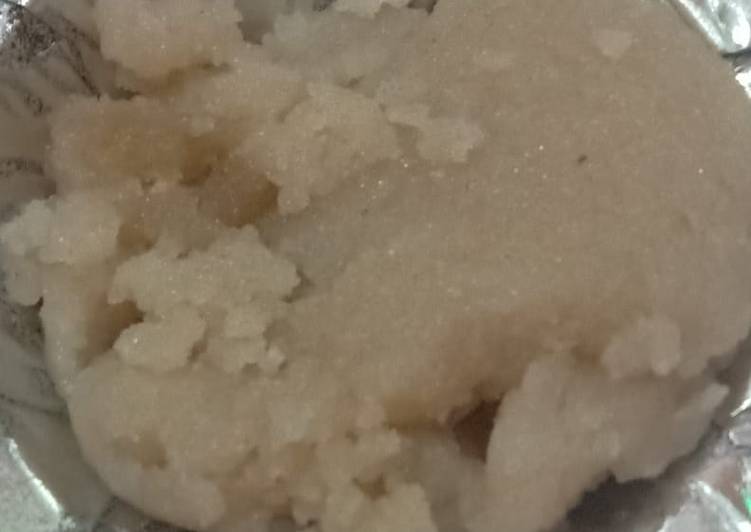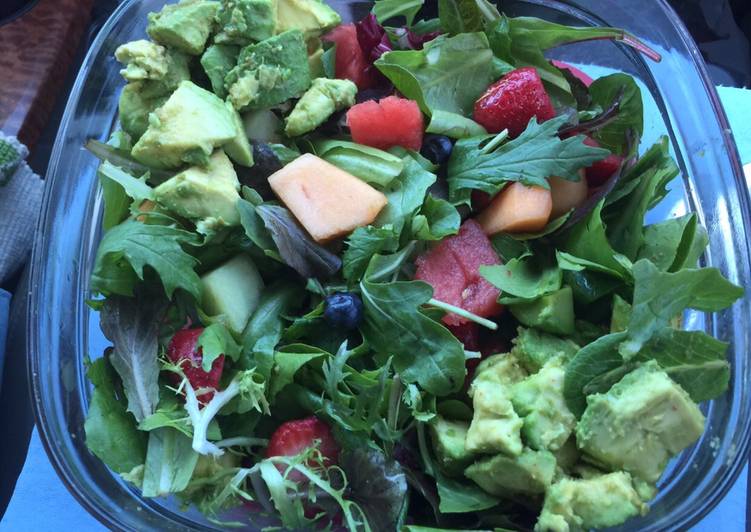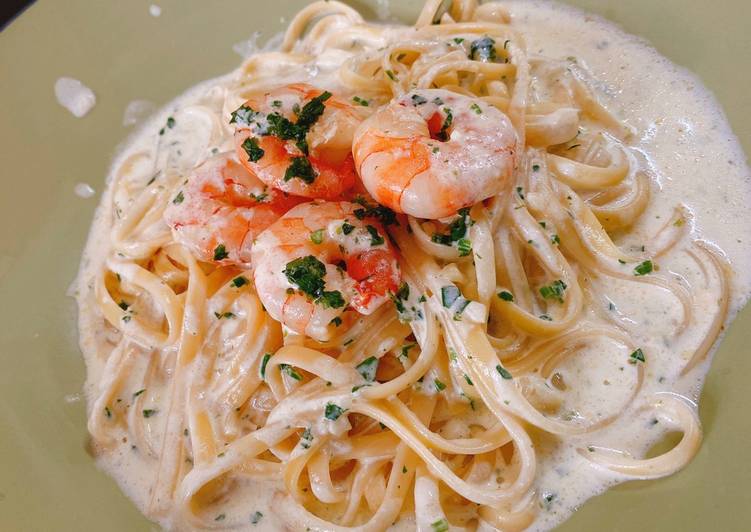
Hey everyone, hope you’re having an amazing day today. Today, I’m gonna show you how to make a special dish, suji(rava) halwa. One of my favorites. For mine, I am going to make it a bit unique. This will be really delicious.
Suji ka halwa & it's Indian variations. Suji halwa is also known as Rava Sheera in Western India and Rava Kesari in South India. The method of preparation is more or less similar, with a few ingredients.
Suji(rava) halwa is one of the most favored of recent trending meals in the world. It is simple, it is fast, it tastes yummy. It’s appreciated by millions every day. They are fine and they look wonderful. Suji(rava) halwa is something which I’ve loved my entire life.
To get started with this particular recipe, we must prepare a few ingredients. You can have suji(rava) halwa using 5 ingredients and 3 steps. Here is how you cook that.
Ingredients
The ingredients needed to make Suji(rava) halwa:
- Take 1 cup rava
- Get 2 cup water
- Make ready 6-7 pieces rasins
- Make ready sugar as per taste
- Take 2 tbs dessi ghee
Sooji Halwa is delicious and a welcome treat for guests. I have done this recipe a few years ago and now decided to do another version of Sooji Halwa. Semolina, when made sweet, is called sheera. Several variants of this dish are available under other names in various parts of India.
Instructions
Instructions to make Suji(rava) halwa:
- Firstly take a wok add ghee and heat it now add rava and roast it for 5 minutes on low flame now add water and mix well
- Now add sugar and rasins mix well
- Halwa is ready to serve
For instance, in Maharashtra, it is called sheera which is the sweet version and in North India it is called sooji (suji) halwa or Mohan bhog. Suji halwa is a cooked semolina dessert and this delicious dessert is very popular across the south-asian countries. Suji or rava are used to prepare popular South Indian recipes like upma, rava dosa, vada, and many sweets or desserts like halwa, barfi, etc. All you need is sugar, milk, suji or rava, etc. to make these. For all Halwa are lavish and rich Indian sweets which have a dessert like texture.
So that is going to wrap it up with this exceptional food suji(rava) halwa recipe. Thanks so much for reading. I am sure you can make this at home. There’s gonna be more interesting food at home recipes coming up. Remember to bookmark this page on your browser, and share it to your loved ones, colleague and friends. Thank you for reading. Go on get cooking!
Print this page

